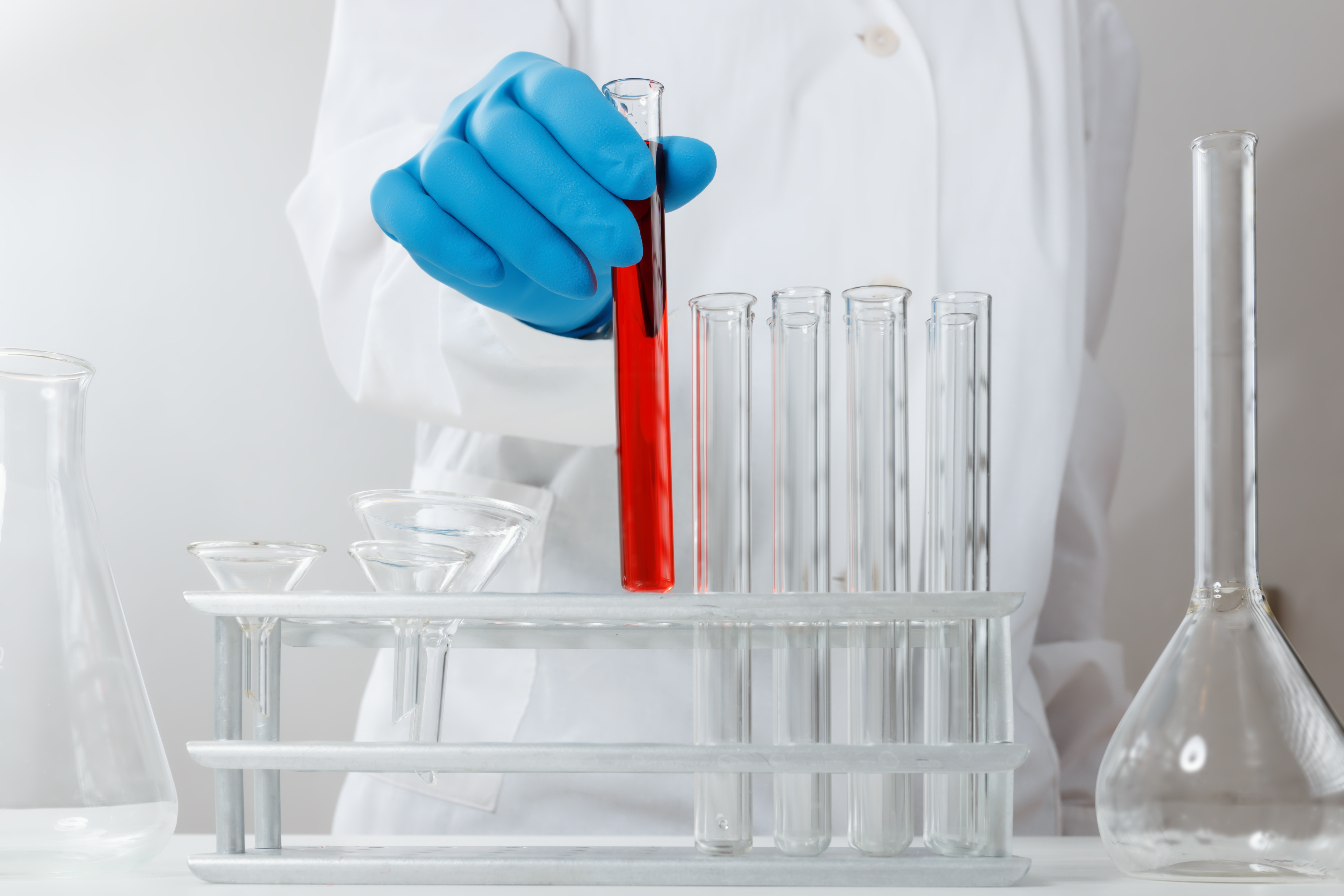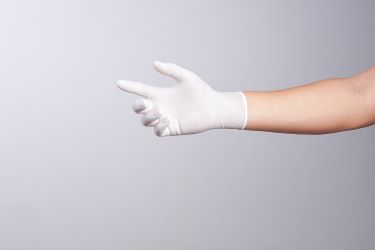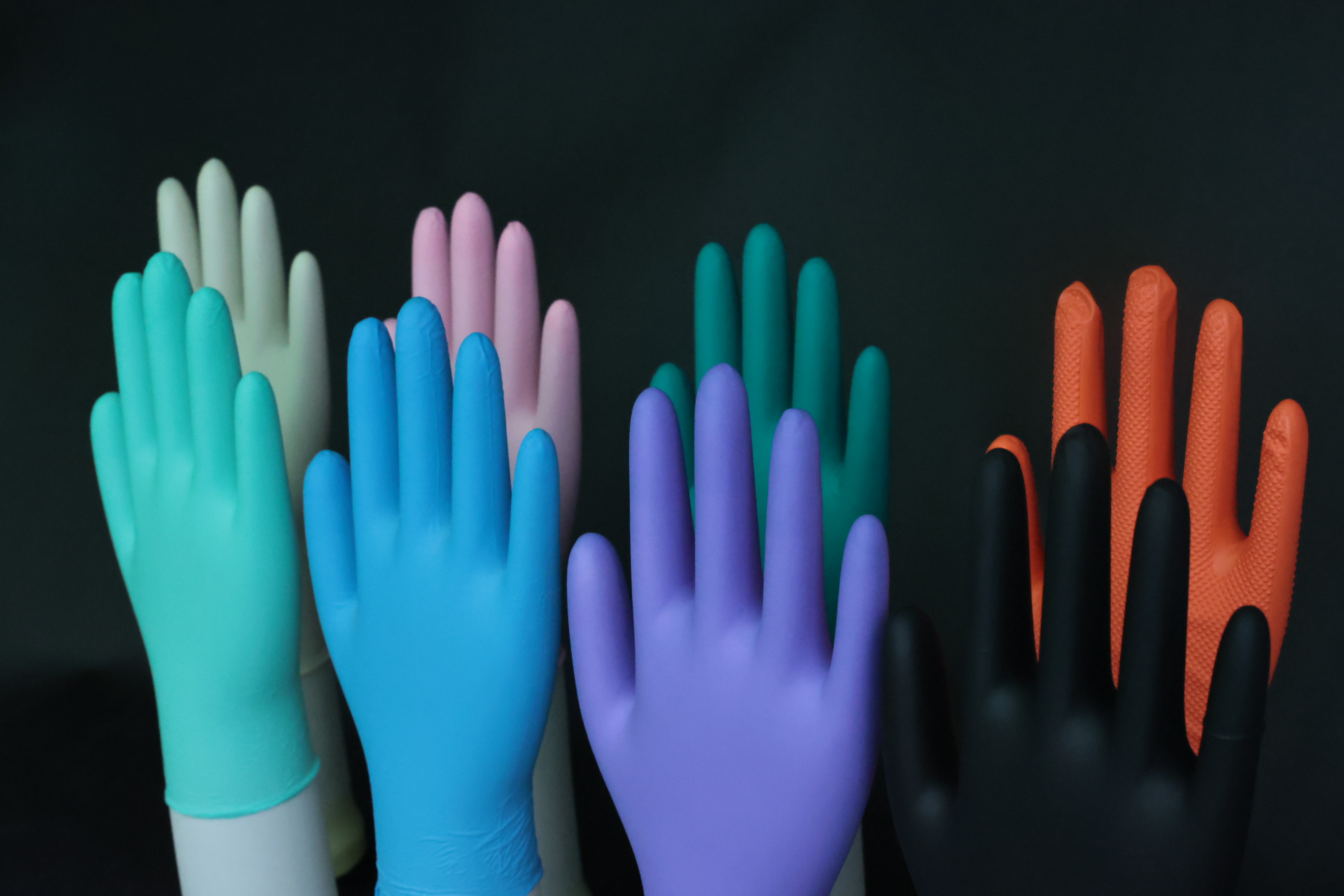Knowledge
KINGFA Solutions
Hand Protection
Respiratory Protection
Environmental Solutions
Industrial Protection
Filtering Material
Protective Apparels
Laboratory Solutions
Email:
kingfamed@kingfa.com
Address:
No.33 Kefeng Road, Science City, Guangzhou, Guangdong Province, China, 510663
INQUIRY
Knowledge
Hand Protection Guidelines for the Food Industry
Ensure food safety and prevent contamination with specialized nitrile gloves—cut-resistant, chemical-resistant, and hygienic. Ideal for food processing, packaging, and service, these solutions address biological, physical, and chemical risks while complying with hygiene standards. Protect workers, reduce cross-contamination, and uphold food quality. Trust industry-leading hand protection for safe food handling.
READ MORE

KINGFA MEDICAL: Leading Innovation and Quality in PPE Solutions
KINGFA MEDICAL drives innovation in PPE through cutting-edge electrostatic electret technology and eco-friendly biodegradable materials, offering high-efficiency, low-resistance masks and industrial gear. With stringent quality control, global certifications, and expanded medical/industrial applications, we solidifies leadership in safety and sustainability worldwide.
READ MORE

How KINGFA Gloves Cracked the Four Scenarios Protection Problems of Auto Mechanics?
KINGFA Nitrile Gloves solve the four major protection scenarios of automotive maintenance.
READ MORE

What’s the difference between gloves made of nitrile, natural rubber, and PE ......?
This article aims to provide a guide for choosing suitable materials for various industries by comparing the properties, advantages, and application areas of gloves made of three different materials: nitrile rubber, natural rubber, and polyethylene (PE).
READ MORE

Introduction to Cleanroom Gloves: Characteristics, Processes, and Application Scenarios
KINGFA cleanroom gloves ensure that contaminants are transferred to the processed or manufactured products or components in a clean environment to the minimal extent.
READ MORE

Guaranteed Reliability: Kingfa Medical's Nitrile Gloves Crafted for Safety and Comfort
In the ever-evolving healthcare industry, where safety is paramount, Kingfa Medical's nitrile gloves stand out with exceptional physical properties, chemical resistance, and comfort. As a frontrunner in the field, Kingfa Medical delivers comprehensive protection through technological innovation, stringent testing, and meticulous craftsmanship.
READ MORE

SUCCESS
You've successfully subscribed to our newsletter.
OK
